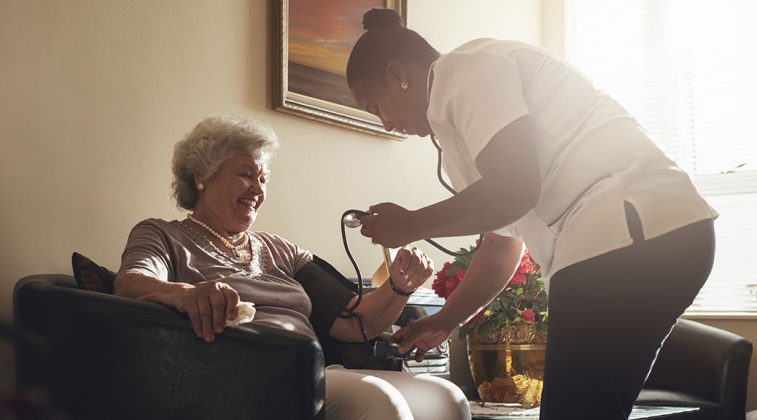The House Health and Human Services Committee on Tuesday advanced a bill that would remove the requirement that certified nurse practitioners and certified nurse midwives hold collaborative agreements with a physician on an 8-5 vote.
The legislation previously passed the Senate on a 35-0 vote.
Senate Bill 61 would put licensing solely under the South Dakota Board of Nursing, as opposed to the nursing board sharing that role with the South Dakota Board of Medical and Osteopathic Examiners. A CNM or CNP would need 1,040 hours of experience to operate independently, or they would have to hold a collaborative agreement with a physician or licensed CNM or CNP. A motion to amend the bill that would have upped the required hours from 1,040 to 2,000 failed on a 6-7 vote.
Gloria Damgaard, an RN who serves as executive director of the South Dakota Board of Nursing, said the bill neither expands nor diminishes their scope of the practices and the bill is needed for recruitment and retention. In many rural and frontier community, a CNP may be the only provider, supporters said.
Matt Bien, a Brookings MD who serves as governor for the American College of Physicians, said there’s a vast difference between the required hours of training for nurse practitioners and physicians, and an APRN is most effective within a dynamic clinical health care team rather than operating independently.
SDAHO did not take a formal position on the bill, as members of the Public Policy Council employee both doctors and nurses.




